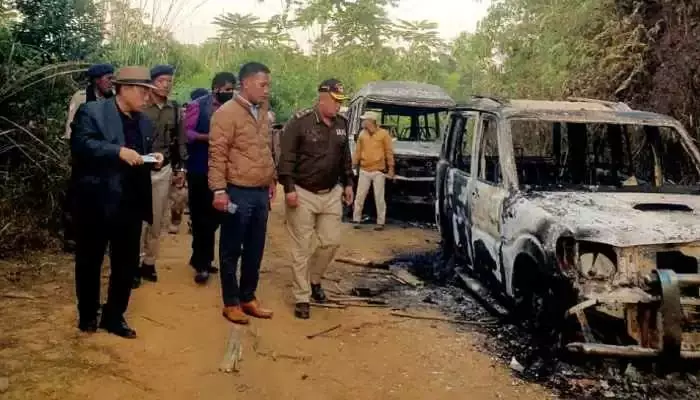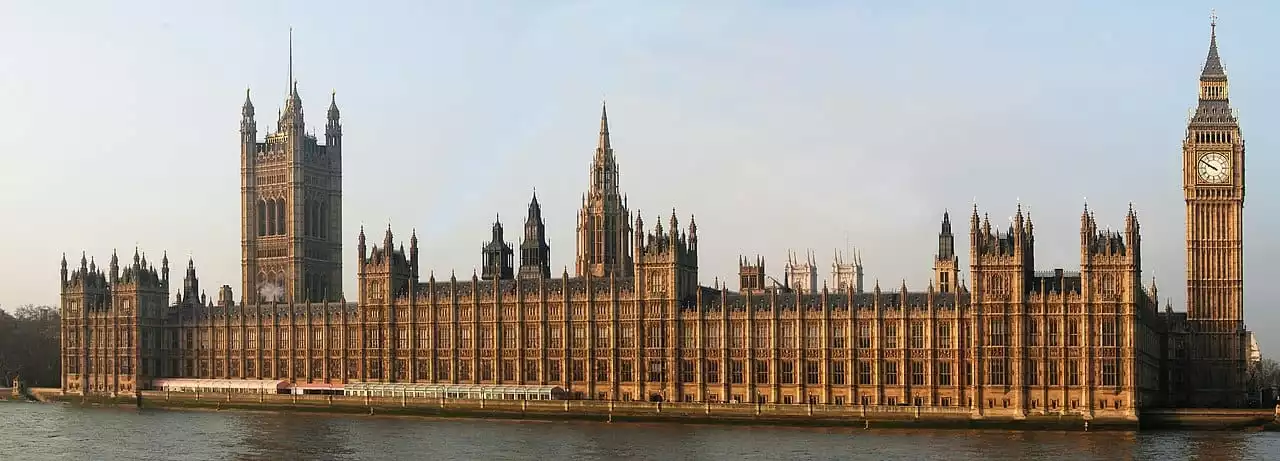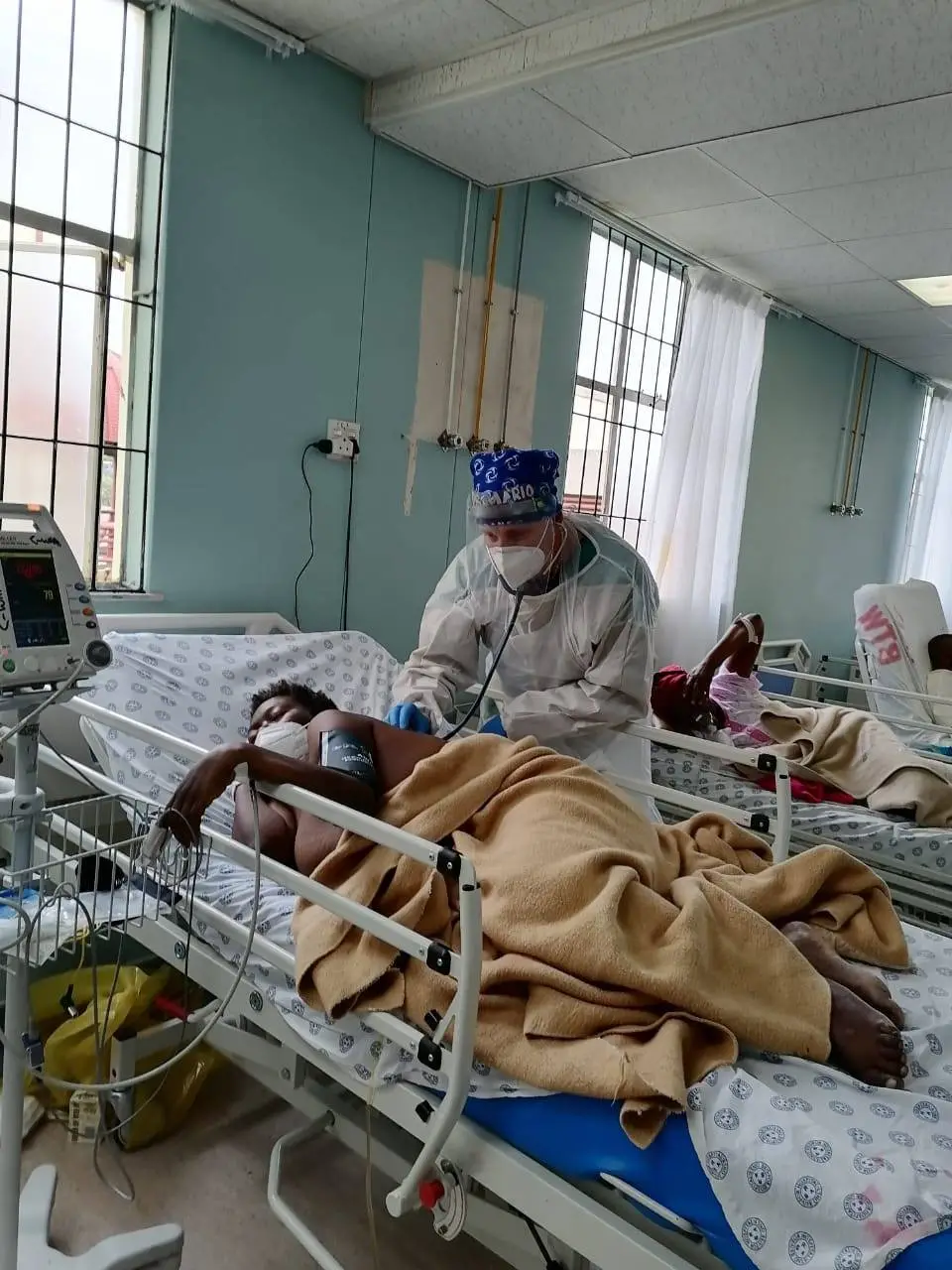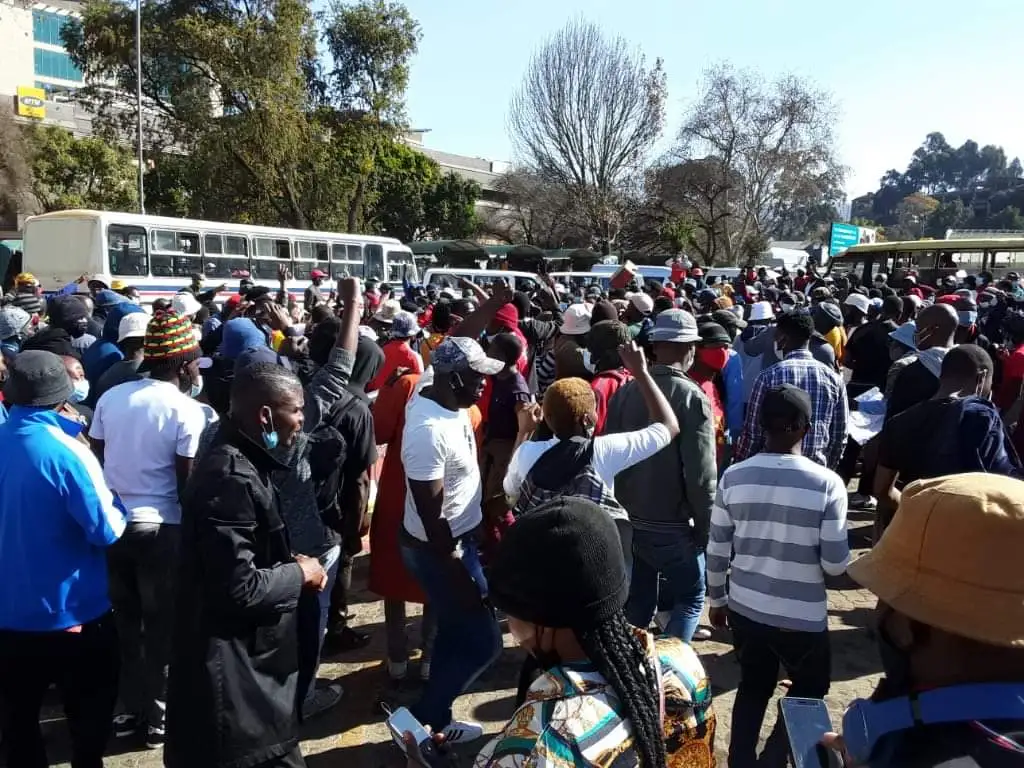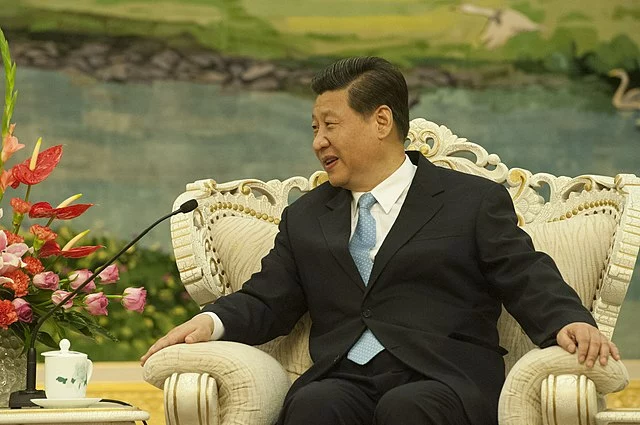On 4th December, 2021, the 21 para, a special forces unit of the Indian army laid an ambush near Oting village of Mon district of eastern Nagaland. The area is close to the Arunachal Nagaland border and is considered a stronghold of the NSCN (National socialist council of Nagaland) rebels. According to confirmed reports, in the ensuing firing by the army personnel, 7 people travelling in a pick-up truck were killed on the spot in the firing. It was later learned that all those killed were miners/labourers returning home from the nearby coal mines after day’s work. One person from the labourers’ group survived and is fighting for his life in a hospital. Upon learning about the incident, the agitated villagers protested against the armed forces and in the ensuing chaos and violence further 7 people were shot dead by the army. An army soldier as well lost his life.
The incident is only the latest addition to the cycle of violence in and around Nagaland that has been raging since the 1950s. The protracted Indo-Naga conflict is in fact the longest running insurgency movement in the world. Since the start of secessionist movement by the NNC, the response of the government of India has been one that is ruthless and discriminatory. Thousands of innocent civilians have been killed over decades by both; the Indian army (including all the paramilitary and central armed forces like the Assam rifles and the central reserve police force) and the separatist rebels.
As the news of the latest violence spread across the country, the AFSPA (armed forces special powers act) has gained a lot of attention. Many have started calling for repeal of the draconian act and rightfully so. The legislation permits the members of the armed forces of any rank to arrest or even kill any one on mere suspicion of being a rebel or an insurgent. However, there are many who have argued that the legislation is being misused by some members of the armed forces. It is a ridiculous proposition to make. Such a draconian law cannot be misused. It is by design meant to legalise overwhelming violence and suppress the populace into submission. AFSPA is not being misused, it is being used the way it is meant to be. Wherever in the country the said law was introduced, it has only produced a cycle of unprecedented violence; be it in Punjab, Kashmir, Assam, Tripura etc. Over the years numerous committees were formed to review the relevance of the AFSPA, by the government and non govt organisations. The Justice Jeevan Reddy commission submitted its report in 2005 and called for repeal of the act, but the government rejected it.

Another narrative that’s being widely circulated is that it was in fact an anti-insurgency operation that went wrong. While I agree with the overarching argument that is in fact an operation that went awry, I have my reservation as to exactly what component of the operation it was that went wrong. It is not hard to believe that it may have been the original intent of the soldiers to kill the innocent civilians under the garb of anti-insurgency operation, plant weapons and brand the killed as insurgents, a very common practice in Nagaland and elsewhere. Most probably the part of the operation that went wrong was not the killing itself but the part where they were to hide the bodies and cover up the killing. They were found by the villagers loading up the dead and wounded in a separate vehicle to be ferried off. The lone survivor in the attack has categorically stated that they were not signaled to stop and were fired upon unprovoked. The local police in their FIR (first information report) also stated that it appeared the intent of the soldiers was to kill the villagers. This is in contradiction to what the army and the home minister of India officially stated.
As days go by, the incident will be forgotten just like hundreds of other similar killings previously. Probably a cheque of a certain hundred thousand Indian national rupee will be handed over to the families of the victims. This will not just help the bereaved families move on with their lives, but will magically motivate others, us, to forget about the more fundamental questions of oppression, exploitation, identity, and liberation. We will fall back into our mundane patterns, perhaps find another issue to rant about. When have workers’ lives mattered anywhere in this world anyway?

When any criticism of the army is seen as an act of treason, is there any room for the deceased to be rightfully honoured ?
Insistence of Naga nationalists on their supposed detectivity from the ‘Indian’ nation is what makes the Naga case a more unique dimension in the history of modern India state and nation building. While other (sub) groups like the Tamils, Marathas and others have either no opposing view towards pan India national identity or they have come to terms with it. The conviction of the Nagas that they are not part of the Indian civilisation and hence the nation is so strong that they have for decades sustained their war against Goliath. Since the days of the Naga club, they have insisted upon remaining an independent sovereign country. They had in effect produced a competing nationalism that refused to be subsumed by pan Indian nationalism (anti colonial and otherwise). This is what perhaps is at the core of what we have today, an issue of oppressed nationality that is passed off as one of law-and-order issues on one side or one where it is made to believe that mere repealing the AFSPA is going to solve all issues Naga on the other. Not in between these two, but away from these lies the truth about violence in the Naga hills and solution to end it.
